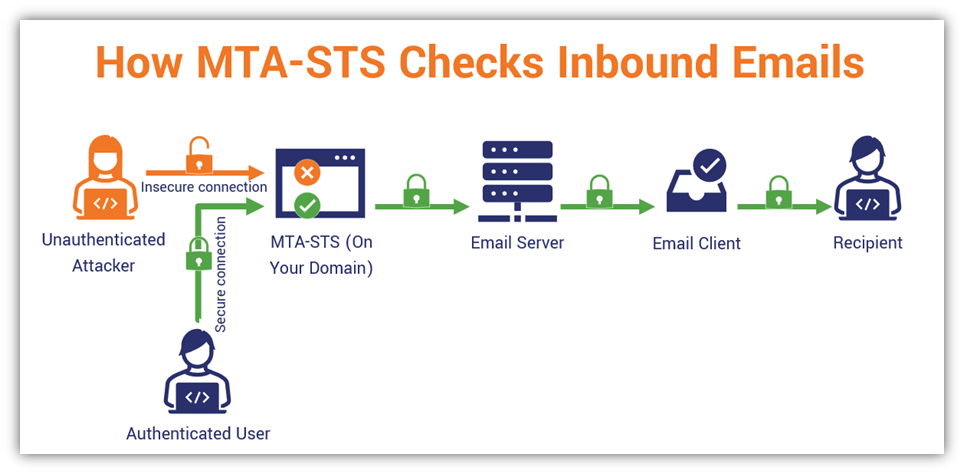Domain and Email Hosting Security
In today’s digital age, maintaining the security of your domain and email hosting is crucial. With the rise of cyber threats and attacks, it is essential to take proactive measures to protect your data and sensitive information. In this article, we will discuss the importance of domain and email hosting security and provide tips on how to keep your online assets safe.
Why is Domain and Email Hosting Security Important?
Your domain is the online identity of your business, and your email hosting is the primary communication channel with your customers and clients. If these assets are not properly secured, you risk falling victim to various cyber threats, such as phishing attacks, malware infections, and data breaches. These can not only damage your reputation but also lead to financial loss and legal implications.
By implementing robust security measures for your domain and email hosting, you can protect your data, prevent unauthorized access, and ensure the confidentiality and integrity of your communications. This will not only safeguard your online presence but also enhance the trust and credibility of your brand among your stakeholders.
How to Enhance Domain and Email Hosting Security
1. Choose a Reliable Hosting Provider
Start by selecting a trusted hosting provider that offers advanced security features, such as SSL/TLS encryption, firewall protection, intrusion detection, and regular security audits. Make sure that your provider complies with industry standards and regulations to ensure the highest level of security for your domain and email hosting.
2. Keep Your Software Up to Date
Regularly update your domain and email hosting software, including the operating system, control panel, plugins, and applications, to patch known vulnerabilities and reduce the risk of exploitation by cybercriminals. Enable automatic updates where possible to ensure that your hosting environment remains secure at all times.
3. Use Strong Passwords and Two-Factor Authentication
Implement strict password policies for your domain and email hosting accounts, requiring complex and unique passwords that are regularly changed. Enable two-factor authentication (2FA) to add an extra layer of security and verify the identity of users accessing your hosting environment.
4. Backup Your Data Regularly
Backup your domain and email hosting data on a regular basis to ensure that you can recover from any data loss or cyber attack. Store your backups in a secure offsite location and test their integrity periodically to verify that your data can be restored in case of an emergency.
5. Monitor and Analyze Security Logs
Monitor the security logs of your domain and email hosting environment regularly to detect any suspicious activity, unauthorized access attempts, or potential security breaches. Analyze the logs to identify patterns and trends that could indicate a security incident and take appropriate action to mitigate the risks.
Conclusion
Domain and email hosting security should be a top priority for every business operating online. By following the best practices outlined in this article and staying informed about the latest cybersecurity trends and technologies, you can strengthen the security posture of your online assets and protect your digital presence from cyber threats.
